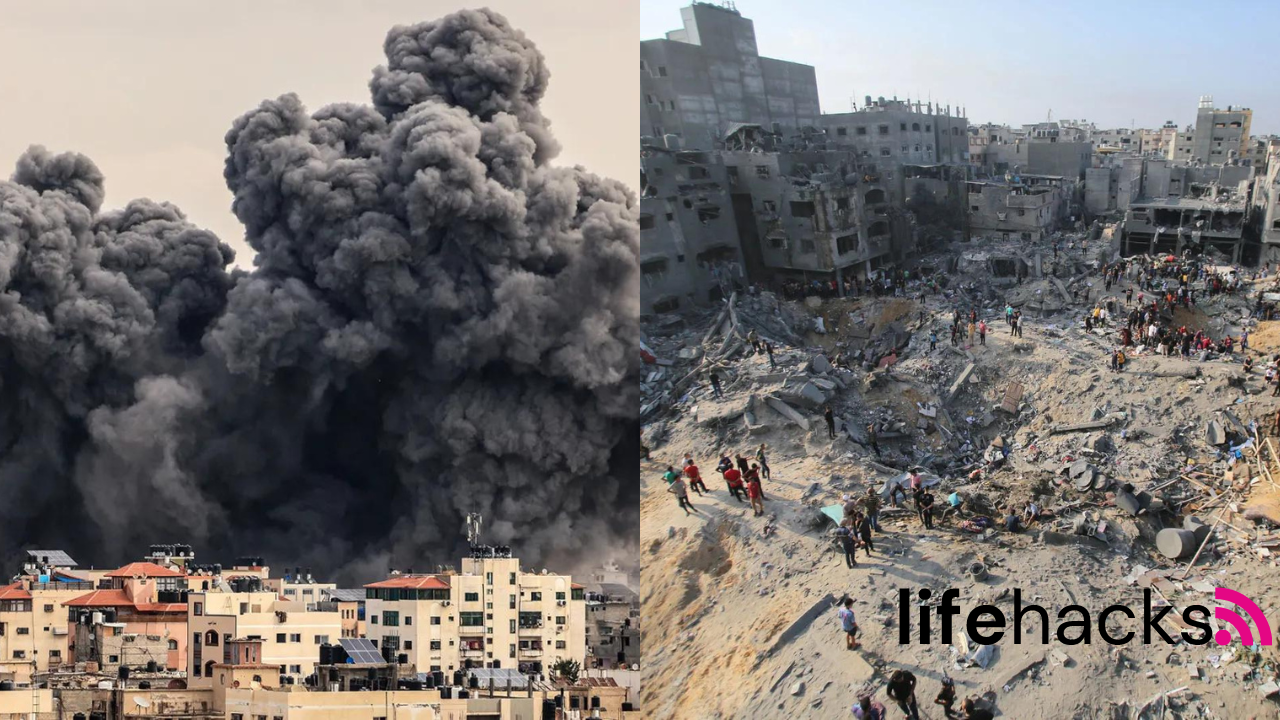 srael held somber ceremonies and vigils on Monday to commemorate one year since the October 7 Hamas attack, the deadliest assault in the nation’s history. The surprise attack, which took place on a major Jewish holiday, claimed over 1,200 lives and led to the current war in Gaza, which still rages on today. This violent day has left a deep scar on Israelis, shaking their trust in leadership and military preparedness.
srael held somber ceremonies and vigils on Monday to commemorate one year since the October 7 Hamas attack, the deadliest assault in the nation’s history. The surprise attack, which took place on a major Jewish holiday, claimed over 1,200 lives and led to the current war in Gaza, which still rages on today. This violent day has left a deep scar on Israelis, shaking their trust in leadership and military preparedness.
The attack from Hamas caught Israel unprepared, shattering its sense of security. One year later, the war in Gaza has widened into a new conflict with Hezbollah, which began attacking Israel on October 8, as well as an escalating confrontation with Iran, which backs both militant groups. As tensions grow, the conflict risks pulling the region into further turmoil.
 In Gaza, no formal events were held, but the devastation is evident everywhere. The war has killed over 41,000 Palestinians and displaced most of the territory’s 2.3 million population. Ongoing Israeli airstrikes and retaliatory attacks have left Gaza in ruins, with ceasefire efforts failing.
In Gaza, no formal events were held, but the devastation is evident everywhere. The war has killed over 41,000 Palestinians and displaced most of the territory’s 2.3 million population. Ongoing Israeli airstrikes and retaliatory attacks have left Gaza in ruins, with ceasefire efforts failing.
Across Israel, people gathered at cemeteries, memorials, and the sites of the deadly attacks. One such ceremony took place at 6:29 a.m., the moment Hamas launched its assault a year ago, at the Nova music festival site, where nearly 400 attendees were killed or abducted. Among those present was Israeli President Isaac Herzog, joining families and friends of victims in a moment of silence. Nearby, the sounds of the current fighting in Gaza echoed.
Simultaneously, four projectiles were launched from Gaza toward southern Israeli communities, but the ceremonies continued undisturbed. Families of hostages still held by Hamas — about 100 people — gathered outside Prime Minister Benjamin Netanyahu’s residence, demanding the safe return of their loved ones.
The Israeli government has faced ongoing criticism for its handling of the crisis. Families of victims and hostages held a separate event in Tel Aviv, drawing attention to the government’s failure to prevent the attack and retrieve the remaining captives. Restrictions on large gatherings due to the threat of missile attacks from Hezbollah and Iran meant that this event was scaled back.
As Israel battles Hamas in Gaza and Hezbollah in Lebanon, the war has drawn sharp international scrutiny. Israel’s wartime conduct is being examined by two world courts, with accusations of human rights violations mounting. Meanwhile, the humanitarian crisis in Gaza worsens, with food shortages and widespread displacement plaguing the territory.